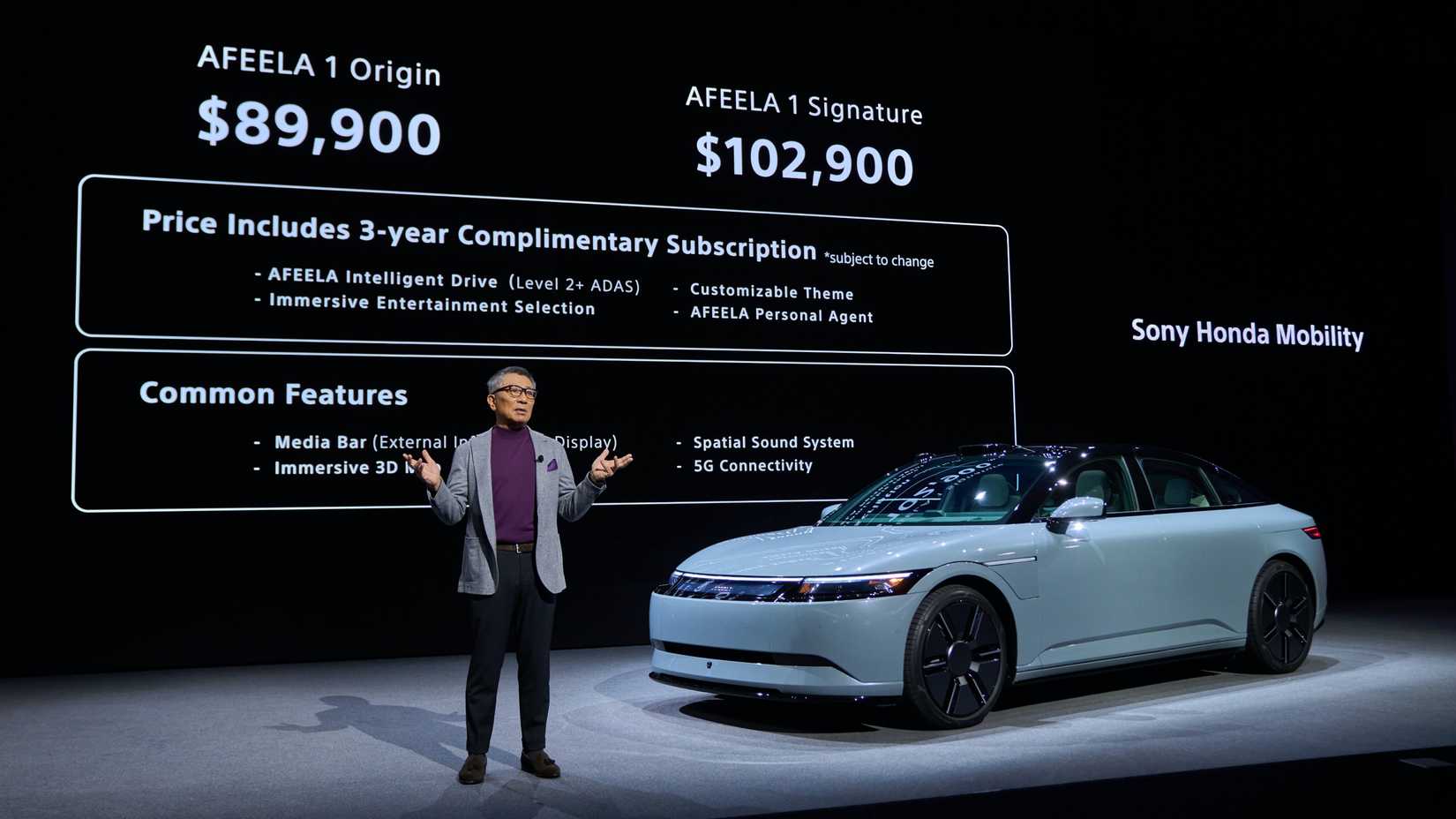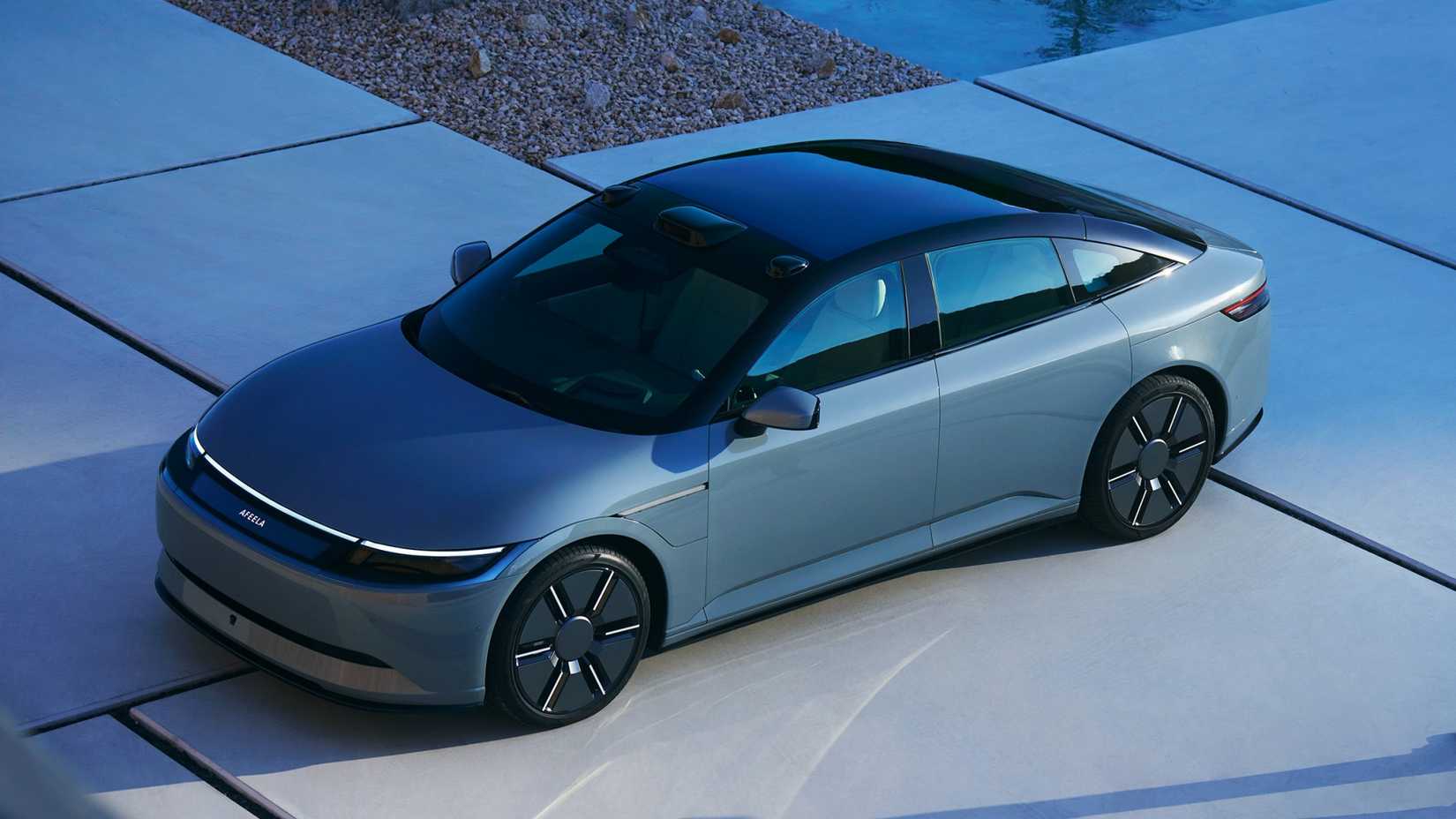The California New Car Dealers Association (CNCDA) has gone ahead and filed a lawsuit against Honda and Sony, accusing the companies of violating state franchise laws with their joint Afeela project. According to the complaint, filed with the Superior Court of Los Angeles on August 19, the four companies – Sony, American Honda Motor Co., Sony Honda Mobility Inc., and Sony Honda Mobility of America Inc. – are bypassing Honda and Acura dealerships to sell the Afeela electric vehicle directly to consumers. According to the CNCDA, the 50/50 partnership is violating state franchise laws and is seeking immediate injunctive relief to stop reservations, and require that any future sales by the brand go through licensed franchise dealers.
The Argument From The Dealers
All 50 states have laws governing the sale and servicing of cars, meaning sales and servicing are conducted by franchised new-car dealerships. Essentially, in California’s case, CNCDA dealer franchise laws prohibit automakers from competing with their own franchisees by using affiliates to directly sell or service vehicles. Afeela has already started accepting orders as part of its direct-to-consumer sales model. As the Afeela brand is owned by American Honda Motor Co., Sony Honda Mobility Inc., and Sony Honda Mobility of America Inc., the argument is that Honda is a parent company.
As a result, the CNCDA says that Afeela vehicles should be sold through Honda and Acura dealerships. Helping that argument is the fact that Afeela vehicles are going to be built at Honda plants currently producing Honda and Acura vehicles. “This is a direct attack on the 161 franchised Honda and Acura dealers in California that have been loyal partners in building the brand’s reputation and success for decades,” says CNCDA president Brian Maas.
Honda and Sony will surely make the case that it’s a 50-50 partnership with another company for a whole new start-up company and brand. However this shakes out, it will have long-term effects. The direct-to-consumer sales model is something Tesla has demonstrated works well, and other automakers are looking at it closely. Volkswagen has already looked at it, and this lawsuit could have ramifications for its Scout Motors electric vehicle brand.
The Franchise Dealer System Is Its Own Can Of Worms
The lawsuit also opens up the can of worms that is the franchise dealer system again. Maas also says that, “By cutting dealers out, they’re stripping vital consumer protections like local service support, transparent pricing, and warranty assistance, all while undermining the millions these dealers have invested in their facilities, employees, and communities. We will not allow a manufacturer to turn its back on the very network that made it profitable in the first place.”
The other side of that argument is that the dealership franchise system is out of date and well and truly broken. According to a survey last year from KPA, one-third of Americans have experienced things like deceptive selling, hidden fees, or dishonest salespeople. Indeed, the system for buying a car is convoluted and dealerships make their most significant money on the back end of transactions – a percentage of the loans they arrange for customers and selling warranties and insurance. However, the current laws are the current laws and a court will decide whether the CNCDA is within its rights to demand injunctive relief and halt sales.


